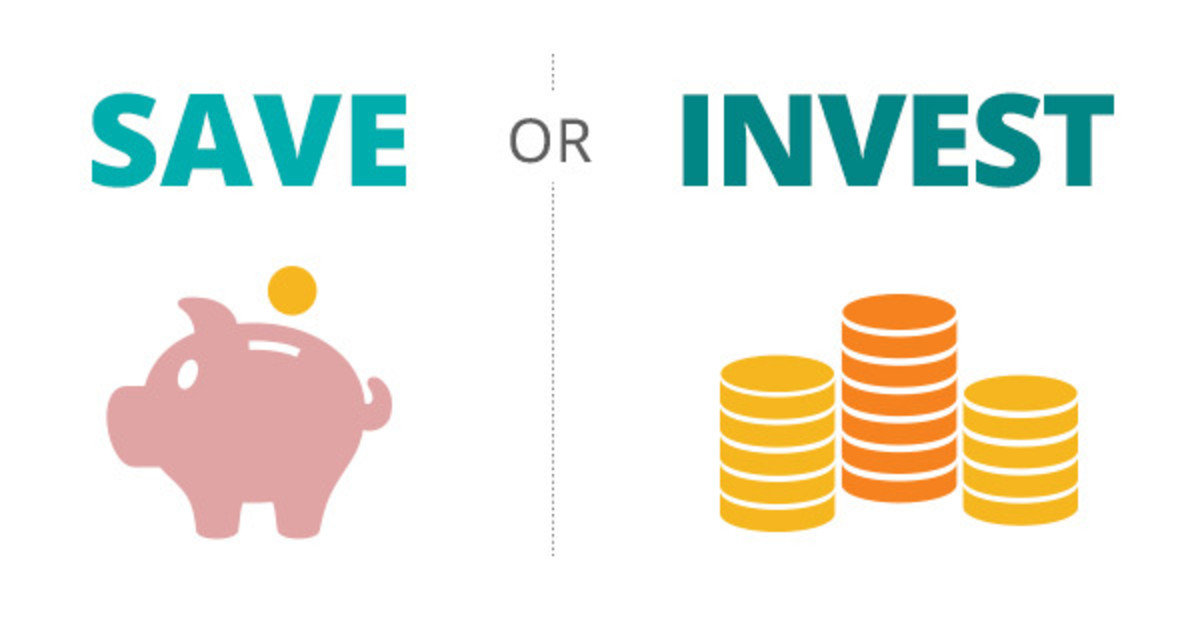How to Start Investing (For Beginners)

How Much Money Do You Need to Begin Trading Stock?
Initial Investment
The first thing that should be considered before you begin investing is deciding how much you would like to invest. A popular saying is, "don't invest what you can't afford to lose". As cliche as this may sound, it is very important that you treat any investment as if you can lose it all (which in a lot of cases you can). If you cringe at the thought of losing the money you would like to invest, than it's probably too much. There are a lot of standard percentages of income that people recommend you invest however, every person's financial position is very different, so it is important that your initial investment suits yours.
Determine Your Goals
Setting Goals
Determining your financial goals and what return you would like to see (realistically) out of your initial invest is important. I am sure all of us would like to invest a penny and make millions, but this just is not realistic. It is the basic laws of investing, the higher the expected return of an investment, the higher the inherent risk. This means that if your goal is to generate a 1000% return on your investment, your more than likely going to inherit a lot of risk and will be more likely to lose your investment than gain 1000%. It is important to keep this in mind, especially if you are looking to trade penny stocks. To put things into perspective, a 15-20% return is considered pretty high for traditional investors. Again, just like in step 1, everyone's financial goals/positions are different. It is important that you set goals that suit your financial position and your needs. Your goals will help you determine which investments suit you best.
Understand How to Buy Stock & The System
Research
After you have done steps 1-2, and before you invest any money, it is important to research how a broker works if you are unsure. The last thing you want to do, is accidentally "donate" your money to the markets because you clicked the wrong button or didn't understand what you were looking at/doing. Looking up basic order placements and understanding how a brokerage works/how to manage your account will save you a lot of headache and lost money.
Once you understand the basics of an online brokerage account, it's time to pick a broker. Each online brokerage is relatively similar, and which one suits you best is often personal preference. However, it is important that you pay attention to the fee structure of the brokerage to be sure you are getting the best deal and not getting taken advantage of. My personal favorite online brokerage is TD Ameritrade. You will find that they offer great learning tools as well as a simple and advanced trading platform. They also offer a news tab that is centered around your personal watchlist and investments. But again, do your own research and test each one out to see which you like best. Many of them offer a "sneak peak" preview without any account.

Different Stock Trading Strategies
Determining Your Strategy
Similarly to setting goals, you must develop a strategy. There are many ways that people attempt to make money in the stock market and determining which way suits your goals best is important. Once you determine your strategy, it is important that you learn about it and stick to it. People often get "burned" when they don't stick to their determined strategy. Picking a strategy is an in depth process that requires lots of learning and practice. I encourage you to look research investment strategies and determine which one suits you.
Some strategy examples include, investing, swing-trading, day-trading, going long/short, and many many more.
Performing Due Diligence
Do Your Own Research (DYOR)
Once you have done the other preliminary work, and feel you understand how the different components work, it is time to begin investing. But, before your invest a dime you must "do your own DD (due diligence)". You will hear this a million times when investing, but it is important that you do not ignore this step. Everyone will be pitching you the next "Apple" stock that is going to make millions, and if you only trust in their word without researching on your own, you will lose A LOT of money. It is important that you research investments with the upmost skepticism and only after you are confident in what you have researched should you invest. Another acronym that will come up a lot will be FOMO (Fear of Missing Out), which is something that happens to a lot of new investors. They feel as if they will miss out if they do not invest every penny immediately. This is a very toxic feeling and can cause you to lose A LOT of money. It is important that you invest your money only after you have done your own necessary DD.
Setting the Foundation for Investing
Foundation
This preliminary work will help you set a strong foundation as a beginning investor. The process may seem long and less gratifying however, it will be well worth it in the long run. I cannot stress how important doing your own and doing enough of your own research is when investing. These are very basic steps to investing, and more in depth research in each of these areas will likely only improve your success as an investor. So get out there and DYOR!









